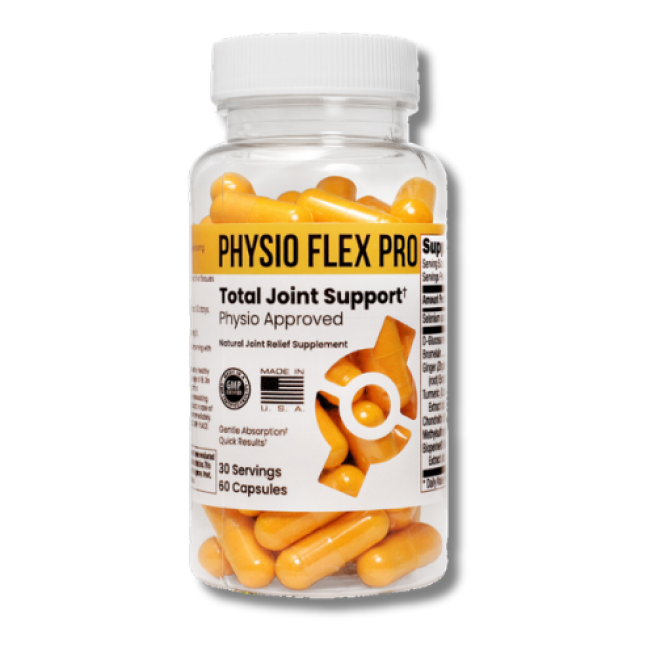
According to a CDC report, the use of dietary supplements among adults above the age of 20 is quite prevalent and around 57.6% of this population consume such supplements. Among older age groups, the use of supplements has also increased and it was found that 80.2% of women aged 60 years and above used these products with many using more than one at the same time.
Glucosamine is one of the most commonly used supplements for older people. With its efficacy in curbing joint pain and inflammation and its ability to reduce the breakdown of the body’s inherent cartilage tissue, it is easy to see why glucosamine products are so popular. While there is some concern that glucosamine may have some impact on blood sugar levels, it has a significant positive effect on conditions like osteoarthritis.
Does glucosamine raise blood sugar levels?
Glucosamine vitamins are commonly used natural supplements for osteoarthritis and other similar conditions. However, many people hesitate because of misconceptions regarding glucosamine and raised blood sugar levels. Here is what you should know about blood sugar control and glucosamine.
- Glucosamine Supplements and Diabetes
The concerns about blood sugar control and glucosamine mainly arise because glucosamine is itself a sugar that is synthesized via the same pathways that are involved in glucose transmission and also in the emergence of insulin resistance. However, studies say that glucosamine is not likely to cause any issues in healthy people. There is no evidence to show glucosamine is among the blood sugar vitamins that increase the risk of an individual with no blood sugar issues.
- Glucosamine and Insulin Resistance
Diabetics occur when the body does not produce adequate amounts of insulin to keep the blood sugar levels at optimum levels. Typically, a cycle starts when the cells become insulin resistant. The pancreas works harder, making more insulin to prompt the cells to respond but ultimately the blood sugar just keeps increasing. The system has broken down at this point and set the stage for Type 2 diabetes.
While this is an undesirable situation, there is no evidence to suggest any direct correlation between blood sugar control and glucosamine that can worsen the former when the latter is taken.
So, can diabetics take glucosamine supplements?
Not without the doctor’s advice. In fact, for diabetics, it is advisable to check with the physician before taking any kind of supplements.
- Glucosamine and the C-Reactive Protein Connection
There is also some evidence to show that glucosamine supplements may actually have some beneficial impact on diabetes. According to findings published in Diabetes Care, those who take these supplements may curb the risk of developing Type 2 diabetes if they have higher levels of C-reactive protein. Researchers say that there is other evidence to back up this finding too. In the studies mentioned here, a 20% reduction in the risk for this diabetic condition was seen in those individuals who consumed glucosamine.
It is now believed that despite being a sugar itself, glucosamine does not have an impact on blood sugar nor does it promote insulin resistance in the body. Earlier opinions of this chemical compound having adverse effects on diabetics are being steadily disproved by newer findings.
Also Read- Chondroitin Uses and Side Effects
Is Glucosamine the Best Supplement for Osteoarthritis?

It is not possible to say if this is the very best supplement for joint pain conditions like osteoarthritis. However, the growing use of glucosamine supplements across the world tells us that many have found it beneficial and many more are newly enjoying the relief it offers from the condition. We do know that osteoarthritis and other conditions that result in pain and stiffness of the joints mainly arise owing to the breakdown of cartilage. There is no doubt that restoring the tissue can reverse the problem. This is what makes glucosamine supplements very popular natural supplements for osteoarthritis.
Some findings show that glucosamine in combination with other drugs may slow down the cartilage breakdown in the early stages. This means that the supplement not only helps with pain relief but also helps address the ailment directly too. As with all supplements, these too may have interactions with some other medications such as blood thinners or long-term medicines for cardiovascular ailments. To ensure that it is safe for you to consume, do check with your doctor beforehand with a list of all the medications you take regularly.





